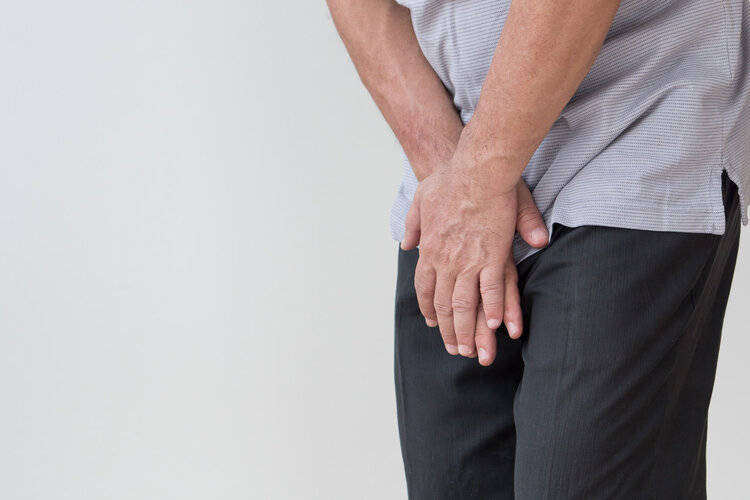Mr. Ma is 65 years old this year. After retiring, his health has not been good, and recently, he has been frequently getting up at night. Sometimes he needs to get up 3-5 times in a night, with as many as 7-8 times, and each time the urine output is not much, and urination is quite strenuous.
Over time, Mr. Ma dared not drink much water, and his spirits have become increasingly poor. In desperation, he went to the hospital for an examination and was ultimately diagnosed with prostate hyperplasia.
1. Why do I always feel the need to go to the bathroom before sleeping? Is it a disease?
Many people experience this in their lives; even if there is no urge to urinate before bed, they feel the need to go to the bathroom, otherwise they can’t sleep. Is this a disease?
This situation is largely caused by psychological factors; in fact, very little urine is produced, but the discomfort of not going is felt. This frequent urination is generally not due to organic pathology.
It is more likely a habit formed from childhood. Parents often educate children to go to the bathroom before bed to avoid bedwetting, leading to a conditioned reflex that one must use the bathroom before sleeping.
Some people pay extra attention to the urge to urinate because they have memories of being awakened in the middle of the night due to needing to urinate and then being unable to fall back asleep after using the bathroom. To ensure they can sleep normally and not be disturbed while sleeping, they must guarantee that there is no urine in the bladder before bed.
However, this situation can easily create a vicious cycle, as the increased attention to the urge to urinate will gradually increase the frequency of bathroom visits before bed.
To improve this situation, it’s important to work on psychological aspects, providing oneself with sufficient psychological suggestions that it is manageable. Additionally, one can control fluid intake by trying to drink less water before bed; naturally, if water intake is reduced, the urge to urinate will also decrease.
Of course, one can also choose to simply “let it be,” not overthinking or worrying about the urge to urinate; if awakened in the middle of the night, just go back to sleep after using the bathroom.
2. Who is healthier: those with nocturia or those without?
When young, it is not uncommon to sleep through the night without waking up, but at some point, it becomes necessary to get up in the night once or twice. Some say that getting up frequently is normal as one ages, while others say it indicates poor kidney function. Which statement is correct?
In fact, there is no definitive answer; not having nocturia indicates that the kidney’s filtration function is strong, with a smaller volume of urine produced or a lower intake of water at night. In contrast, having nocturia may suggest higher water intake at night or weaker kidney absorption capacity.
Normal nocturia and no nocturia are both considered healthy; it is essential to find a daily lifestyle and hydration habit that fits one’s needs to keep nocturia within normal limits.
According to Dr. Qi Xiaolong, head of the Urology Department at Zhejiang Provincial People’s Hospital, excessive nocturia is defined as waking to urinate ≥2 times at night (not including the last urination before sleeping and the first urination after waking). Excessive nocturia may likely result from several underlying diseases.
1. Prostate disease
The most typical symptom of prostate hyperplasia is increased nocturia, as the hyperplasia obstructs the bladder outlet, significantly increasing residual urine volume in the bladder, thereby reducing the effective capacity of the bladder and leading to increased nocturia.
2. Pelvic floor muscle relaxation, urinary tract infection
In women, increased nocturia is often caused by urinary tract infections, where bacteria stimulate the bladder and urethra, leading to symptoms such as frequent urination, urgency, and pain. Additionally, some women experience increased urination due to pelvic floor muscle relaxation, which prevents them from holding the bladder.
3. Diabetes
The classic symptoms of diabetes are polydipsia and polyuria, where thirst leads to increased fluid intake, resulting in more frequent urination.
4. Diabetes insipidus
Diabetes insipidus is caused by abnormalities in the secretion, release, or function of antidiuretic hormone, leading to uncontrollable urine output, with significantly increased urination frequency in daily life, sometimes with intervals of less than half an hour between each urination and a large volume of urine.
3. If you don’t want to get up at night to urinate, you can try these 4 methods.
The occurrence of nocturia will increase with age.


